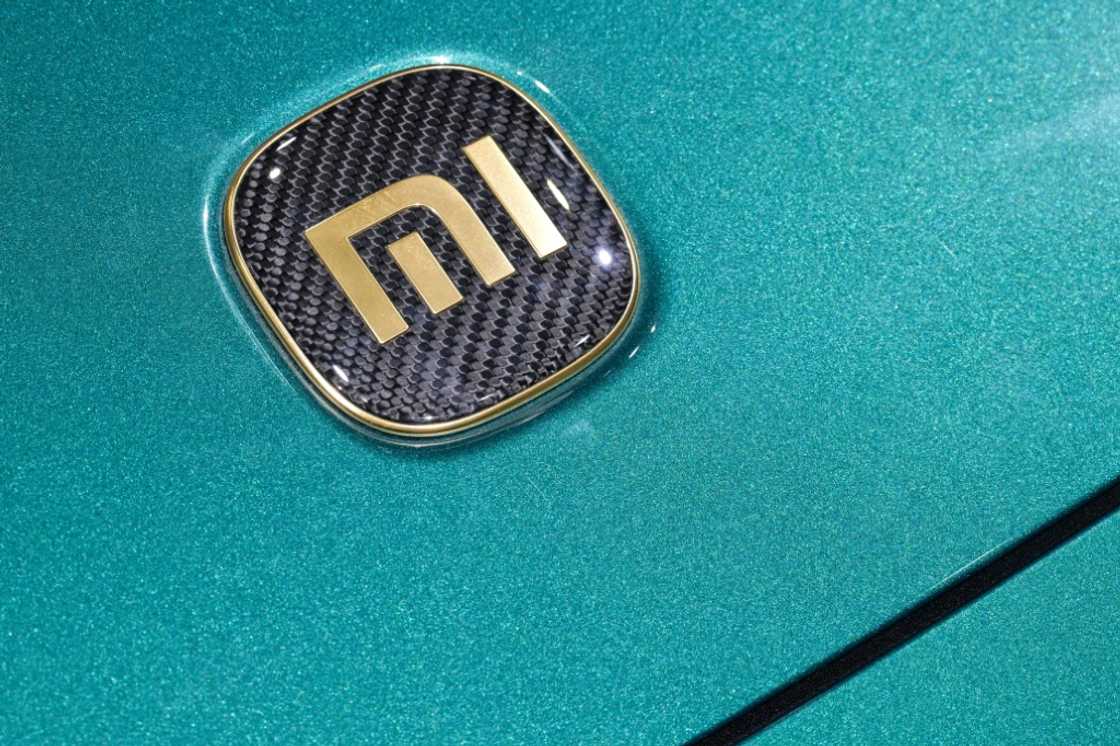China's Xiaomi to invest nearly $7 bn in chips

Source: AFP
Chinese tech giant Xiaomi will invest 50 billion yuan ($6.9 billion) in developing high-end smartphone chips, the firm's founder said on Monday.
Xiaomi, which sells goods from smartphones to vacuum cleaners and EVs, is one of China's most prominent consumer electronics firms.
"Chips are the underlying core track for Xiaomi to break through in cutting-edge technology, so we will definitely make an all-out effort," founder Lei Jun said on social media, marking the company's 15th year since its establishment.
In pursuit of Xiaomi's semiconductor ambitions, the firm has developed a plan involving "at least 10 years of investment and at least 50 billion yuan", he added.
Xiaomi took initial steps into semiconductors for smartphones with the launch of the firm's first in-house chip -- the Surge S1 -- in 2017.
But the group was forced to halt production of the chip due to technical and financial obstacles, and has since refocused on other components as well as EVs.
"That is not our 'dark history'. That is the path we have travelled," Lei wrote on Monday.
Xiaomi's chip development programme has received 13.5 billion yuan in research and development funds since 2021 for a team of more than 2,500 employees, said the billionaire entrepreneur.
The announcement comes as both China and the United States seek to ensure access to the most advanced components.
"Xiaomi has always had a 'chip dream'," Lei wrote, adding, "I earnestly request everyone to give us more time and patience to support our continued exploration on this road."
A number of Chinese firms are racing to develop their own chips with the aim of freeing themselves from reliance on foreign suppliers in the face of that rivalry.
In 2023, tech giant and Xiaomi competitor Huawei unveiled a high-performance smartphone equipped with a chip that experts say would be impossible to produce without foreign technologies, raising questions about the effectiveness of US restrictions.
The move "could potentially lead to the emergence of new champions capable of competing with American companies like Qualcomm," Pascal Viaud, CEO of the consulting firm Ubik, told AFP.
Beijing has also pushed companies to reduce their dependence on foreign technologies.
Last month, Chinese leader Xi Jinping urged them to pursue "self-reliance" in the sector.
Source: AFP




